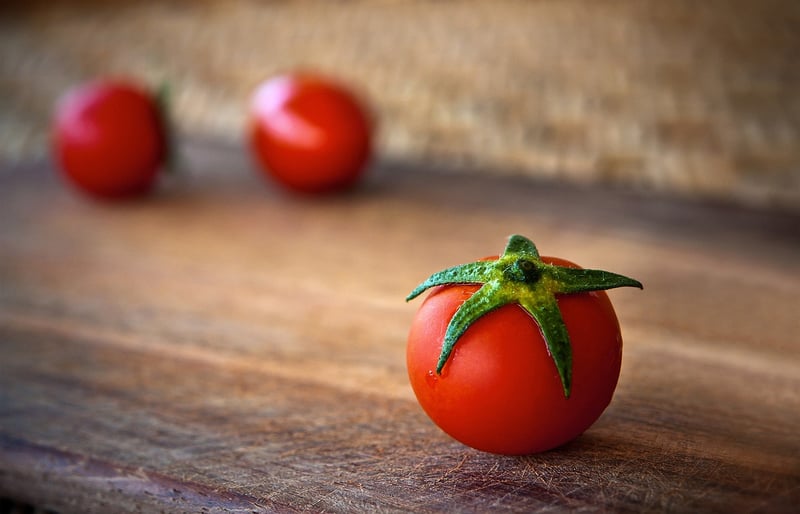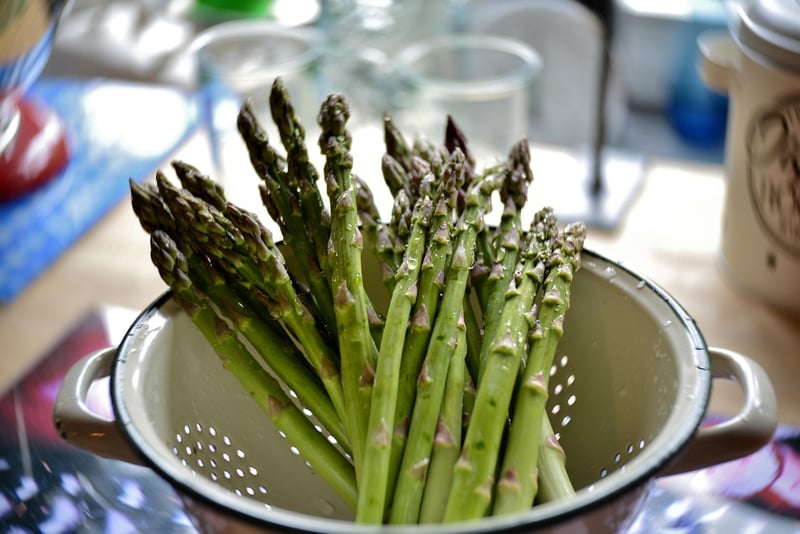Food Supply
The Importance of Creating a Diverse Environment in Ensuring Food Supply
Ensuring a diverse environment is crucial for maintaining a sustainable food supply and ecosystem. Biodiversity plays a key role in supporting agriculture, providing resilience against environmental changes, and contributing to the overall health of our planet. Let's explore why diversity is essential for a thriving food supply.
Benefits of Biodiversity in Agriculture
1. Pest Control: Diverse ecosystems help naturally control pests and diseases, reducing the need for harmful pesticides.
2. Pollination: Various plant species and pollinators support the pollination process, essential for crop production.
3. Soil Health: Different plant species contribute to soil fertility, preventing degradation and promoting nutrient cycling.

Resilience to Climate Change
A diverse environment can better withstand climate variability, as different species may respond differently to changing conditions. This resilience is crucial for adapting to the challenges posed by climate change, ensuring food security for future generations.
Preserving Genetic Diversity
By maintaining diverse ecosystems, we also preserve genetic diversity in plant and animal species. This genetic pool is a vital resource for breeding new crop varieties that are resilient to pests, diseases, and environmental stresses, enhancing food production and sustainability.

Call to Action
It is imperative to promote and protect biodiversity in our environment to ensure a stable and sustainable food supply for present and future generations. By supporting conservation efforts, sustainable agriculture practices, and responsible land management, we can all contribute to a healthier planet and secure food sources for all.
Together, let's embrace diversity to safeguard our food supply and cultivate a more resilient and thriving ecosystem.
